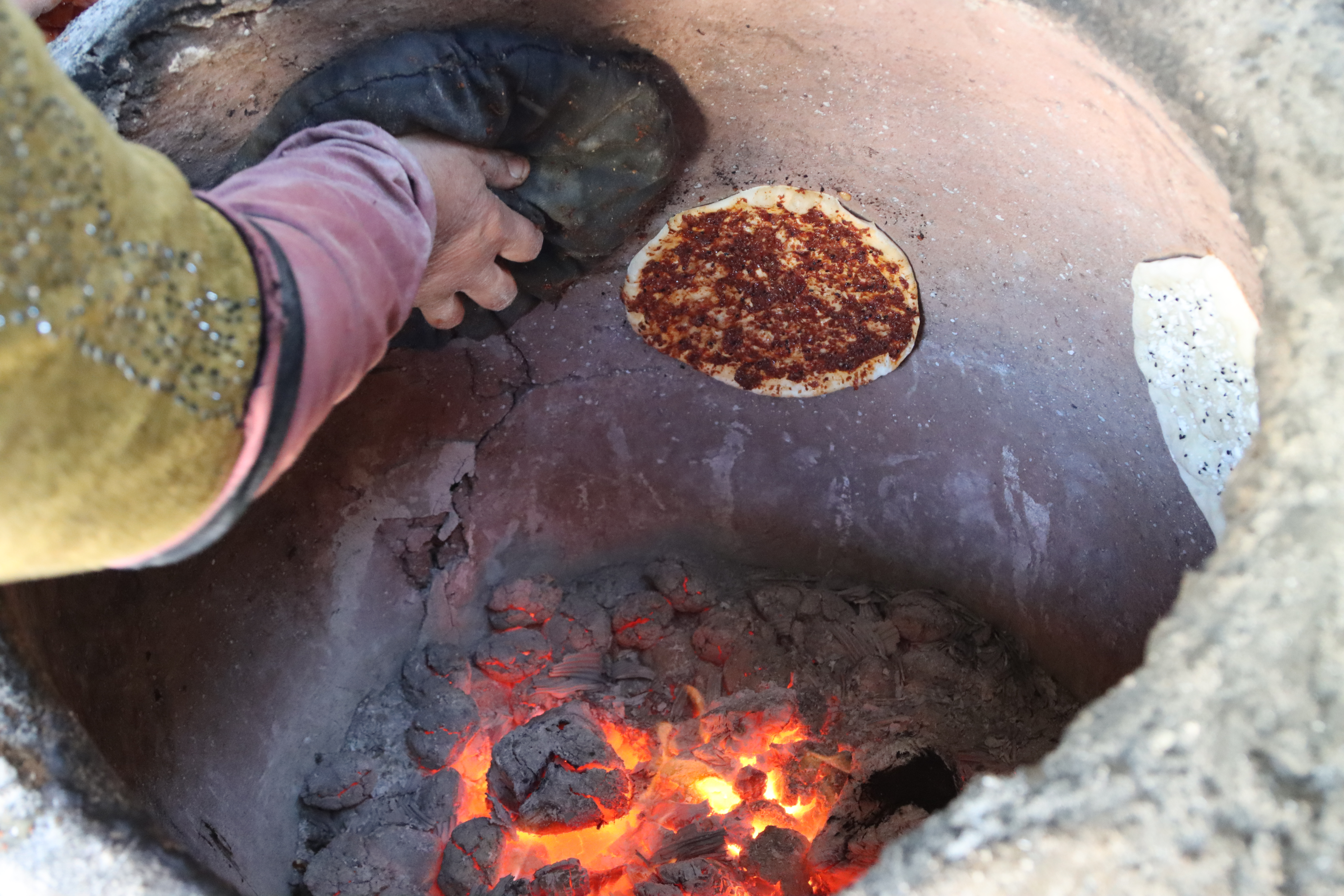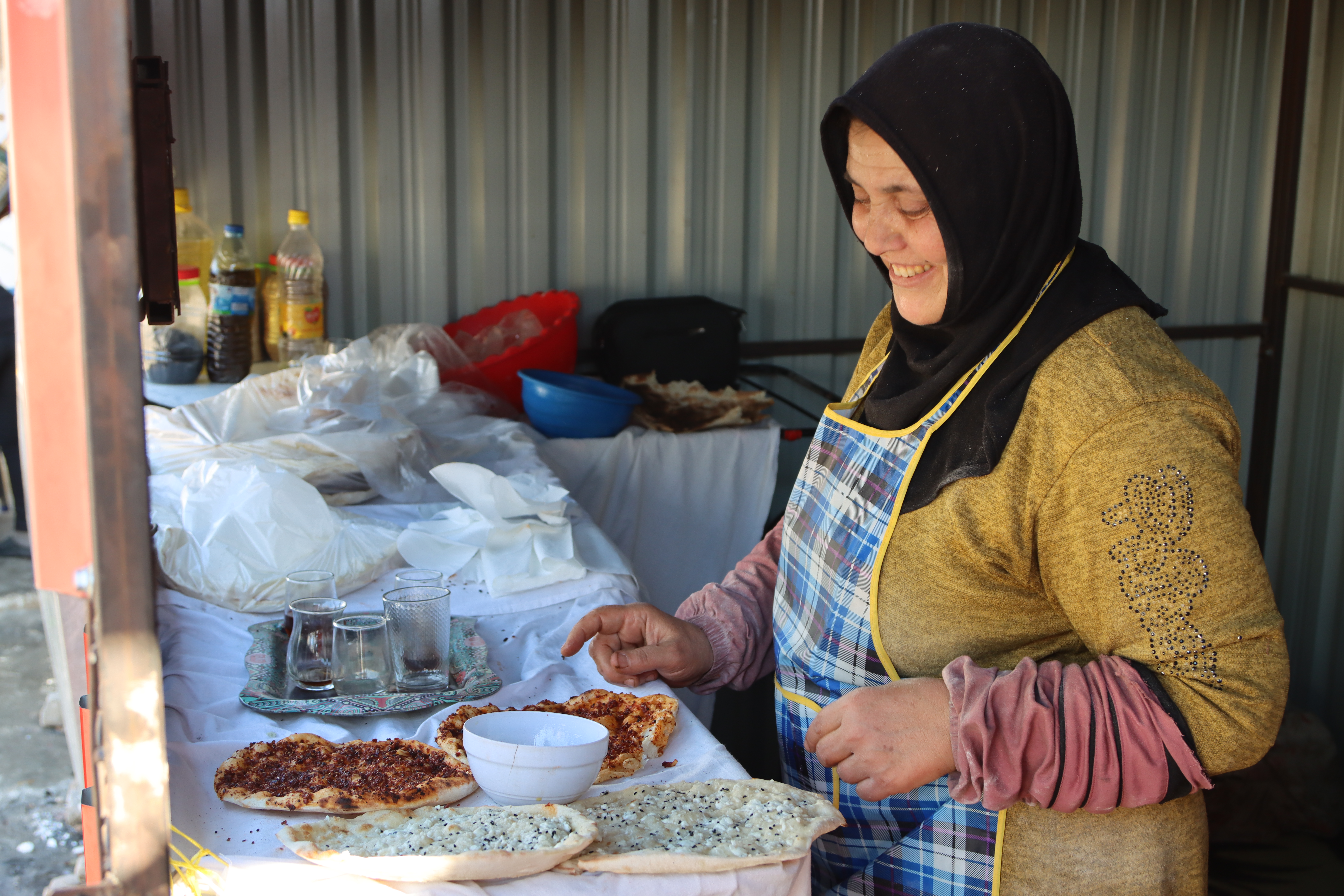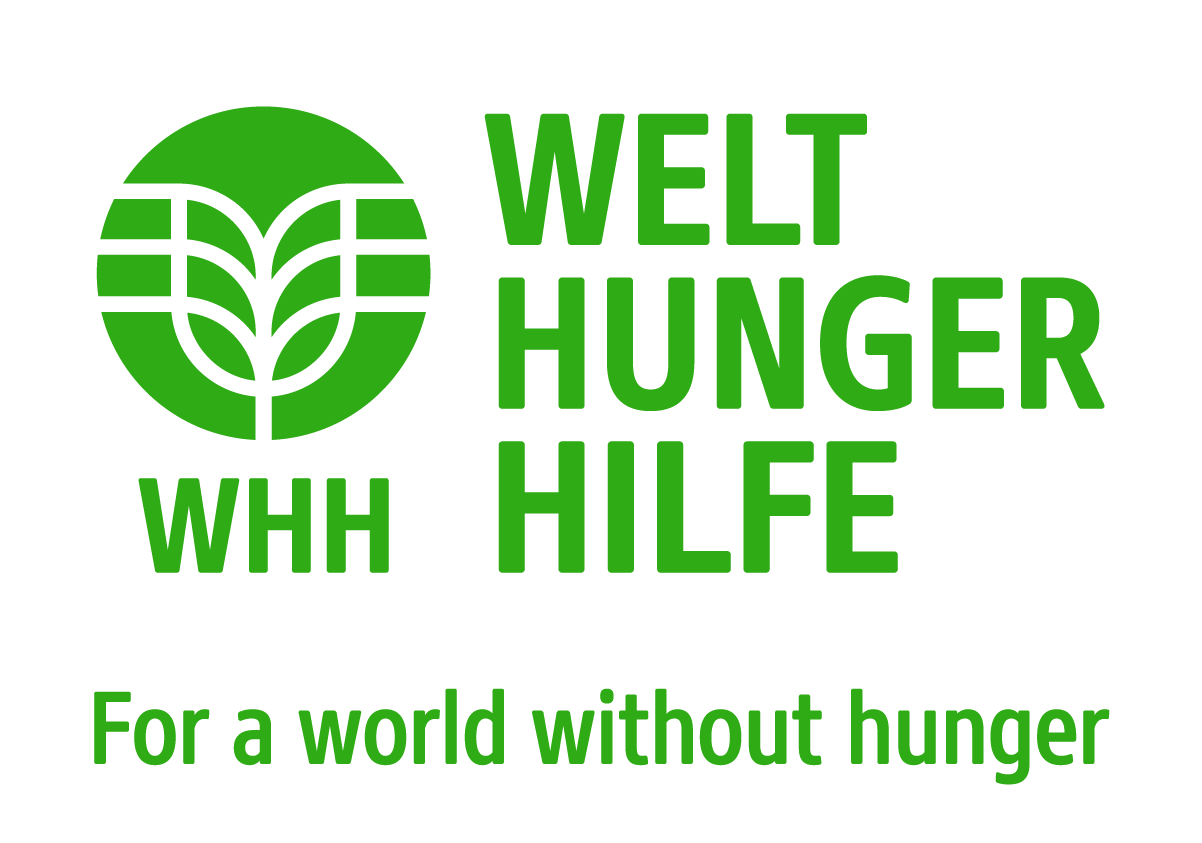More Than Bread: The Taste of Survival

|
Hours before dawn, Umm Ali wakes up and begins kneading the flour mixed with water, a little salt, and yeast with her hands—Her hands, weathered yet steady, reveal a history rich with wisdom. Once the dough is ready, she covers it with a plastic sheet, waiting for the sunrise when it will have risen and become ready for baking.
Umm Ali is 52 years old, a mother of five daughters and two sons. She begins her story with a deep sigh: "I lived a peaceful and stable life with my husband and children in the town of Al-Rakaya in southern Idlib. My husband was a teacher, and we also relied on income from farming our land."
However, in 2019, the war left her with no choice but to flee with her family in search of safer areas. They eventually settled in Jindires, facing extremely difficult living conditions. To support her family, Umm Ali started working in a confectionery shop for a minimal wage. Days passed heavily on the family until an even greater tragedy struck— the devastation caused by the earthquake. It took the lives of her husband and youngest son when parts of their home collapsed. Describing those days, Umm Ali says: "The shock was overwhelming—losing my husband and son, becoming displaced with my daughters—it was more than I could bear. Fortunately, a charity provided us with a modest shelter in a housing village near Azaz, but life remained tough. I couldn’t afford even the basics for my daughters—clothes, food, or school supplies. My daughter would often ask for a small allowance like her classmates, and my answer was always the same: 'Do we even have enough for food and clothing?' I would silently pray for relief."

|
That relief finally came through the "Karama" project launched by the WHH organization, funded by the European Union (EU) and supporting small business owners with financial aid, guidance, and mentorship, Umm Ali chose a unique project inspired by her hands, which had been baking bread for decades. She recalled the clay oven from her childhood home and decided to revive this tradition. Her project was accepted, and as she puts it: "The clay oven was more than just a business—it was a way to preserve our heritage. People were drawn to it, not just for the taste of its bread but for the memories it evoked."
With the project's launch, Um Ali received $1,200 in financial support to launch her business, along with $300 to cover her family’s immediate needs. She used it to purchase equipment and raw materials, building a clay oven alongside a small kiosk near a main road by the camp, ensuring passersby could easily see it. She also benefited from an entrepreneurship training program, learning how to manage capital, maintain financial records, and track weekly and monthly profits.
Every morning, Umm Ali prepares her dough, lights the fire in her oven, and starts baking. The warm scent of fresh bread fills the air, evoking memories of the homes people were forced to leave behind. Her bread’s rich flavor and easy digestion have gained her many loyal customers who eagerly return for more. Once she finishes baking, she heads home, often bringing fruits or sweets—treats her daughters had long wished for.

|
Slowly but surely, the family's financial situation improved, Umm Ali was able to transform her despair into hope and build a small business that not only provided her with a decent income but also restored her dignity and confidence, enabling her to provide a better life for her daughters. Now she can afford to pay for medicine without having to borrow and buy new clothes, school supplies, and even some sweets that her daughters have always craved. Most importantly, she sees a brighter future for them. Despite the hardships she has endured, she never lost hope. She often says: "As long as a person can work, they can live. The spring of life is not in years but in a heart that refuses to give up. Thank you, WHH, for giving me a new spring in my life."
